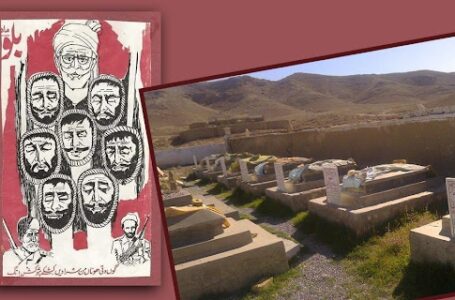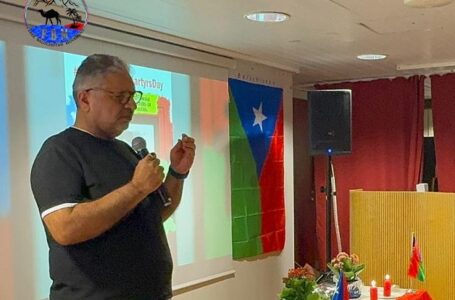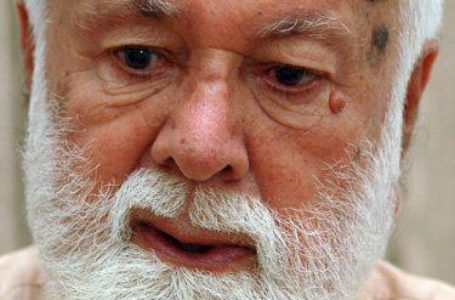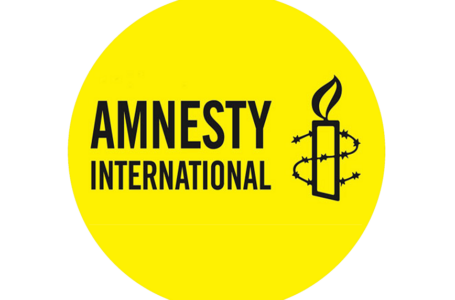Occupied Balochistan: A Chronicle of Genocide, Exploitation, and Resistance
Pakistan’s economic crisis forcing its army to retreat from Balochistan
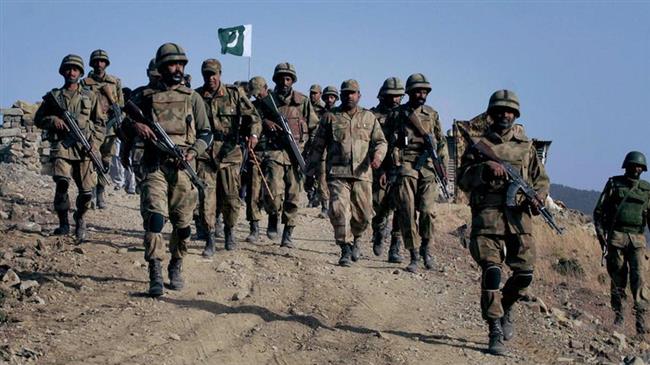
The Humgaam News, an online Urdu News portal, in a detailed report has revealed that the increasing economic crisis in Pakistan has demoralised the army and there is seemingly a sense of panic among the military.
The growing crisis has forced the army to vacate around 30 outposts in Balochistan’s Kahan region alone. The local sources have confirmed the military’s retreat in large convoys.
To confirm the report of the Pakistan army’s withdrawal from Kahan, an oil-rich region in Kohistan Marri, the Hamgaam News contacted the Baloch Liberation Army (BLA) sources which confirmed that the army has abandoned several of its check posts from Kahan and adjoining areas including some of its main cantonments.
According to Humgaam the BLA source said that the areas where Pakistan has withdrawn its forces include Mayt Wadh, Chappi Kach, Zarri chumb, Dao Shahan, Nessao Patti, Chuchudani Padkae Tall and Taakdi.
“A few hundred Pakistani army personnel from Kahan have been shifted to Kohlu whereas a large number of troops have returned back to Punjab,” the source added.
Given the perseverance of Baloch armed resistance, Pakistan has miserably failed to benefit from Balochistan’s resources over the last 24 years of the Baloch liberation war.
It means Balochistan has also become a financial liability for Pakistan, besides the fact that the Pakistani state is facing a dire financial crisis, due to which the lives of millions of people are being badly affected; rising debt, dwindling foreign exchange reserves and fading hopes of international aid are among Pakistan’s major challenges. It is widely believed that without an immediate bailout package, the Pakistani state is doomed to complete economic collapse.
It should be noted that the Pakistani army has carried out several offensives since 1947 to exploit the natural resources in Kahan, but due to the strong armed resistance in the area it failed to achieve its purpose, and now once again the state started withdrawing its armed forces from Kahan after many years to failed attempts to excavate the natural resources in the region.
Placing the army in remote areas like Kahan without being able to exploit the natural resources of Balochistan and benefiting the state financially has turned out to be an expensive venture.
The signs of Pakistan’s economic crisis have started appearing in occupied Balochistan in different ways. Recently, the so-called Chief Minister of Balochistan, Quddus Bizenjo, conceded in the media that his government does not have enough money to pay the salaries of its employees in Balochistan.
There have been reports of the Pakistan army’s withdrawal and handing over its checkpoints to local authorities in other parts of Balochistan as well.
The only hope for the government of Pakistan to save the state’s economy is unconditional aid from rich countries, however, it has so far failed to achieve that goal. In this regard, the hopes of the Pakistani government were related to Saudi Arabia, but the recent international statement of Saudi Arabia regarding the aid policy has further dimmed its hope for a bailout.
Saudi Finance Minister Mohammad Al-Jadaan, during a speech at the World Economic Forum in Davos, Switzerland on Wednesday said that earlier they used to give direct grants and deposits without any conditions and but now “we are changing it. We want to help, but we also want you to do your part.” he added.
It seems Saudi Arabia is fed up with Pakistan’s free lunch, but Saudi’s objectives of the sudden shift are yet to be clear because the Pakistani state, already deeply in debt, does not seem to be able to accept any terms. Therefore, in the eyes of most economists, the future of the Pakistani state is uncertain.
This economic crisis provide a better opportunity for the subjugated nations under Pakistani occupation, especially the Baloch nation to get rid of this occupier forever, which at present is in frail condition.
“The pro-independence forces should immediately consolidate their forces without giving it a chance to reassert itself,” the report concluded.

